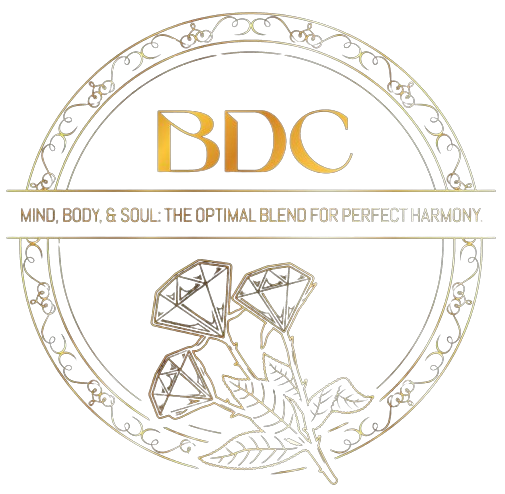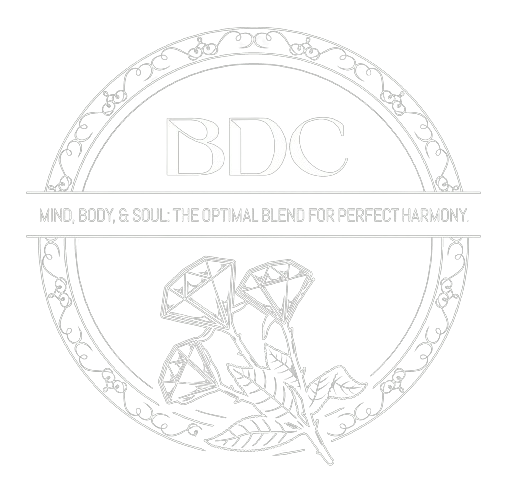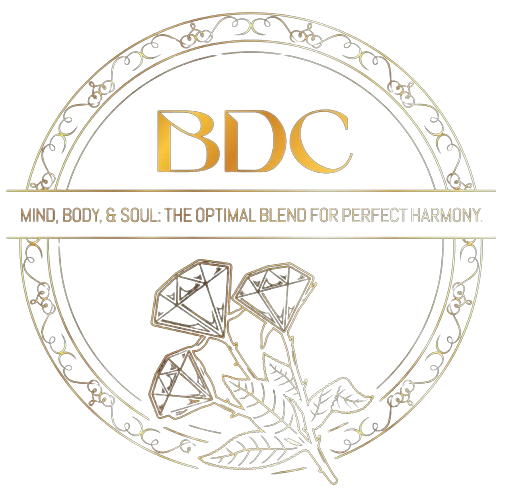Have you ever tossed and turned through the night, yearning for a restful sleep? You're not alone. Millions struggle with occasional sleep problems, and natural remedies like melatonin and valerian root have become increasingly popular. But what exactly are they, and how can they help?
Melatonin: The Body's Nighttime Signal
Melatonin is a hormone naturally produced by the pineal gland in your brain. Darkness triggers melatonin production, signaling to your body that it's time to wind down and prepare for sleep [1]. Levels naturally rise in the evening and dip in the morning, regulating your sleep-wake cycle (circadian rhythm) [2].
Benefits of Melatonin
Melatonin supplements are commonly used to:
- Combat jet lag: By adjusting your internal clock to the new time zone, melatonin can help reduce sleep disturbances and daytime fatigue after traveling across time zones [3].
- Regulate sleep schedule: Melatonin may be helpful for people with sleep schedule disruptions, such as shift workers who struggle to fall asleep during the day [4].
- Improve sleep quality: Some studies suggest melatonin may improve sleep quality in people with insomnia, leading to more restful sleep [5].
Valerian Root: An Ancient Sleep Aid
Valerian root is an herb with a long history of use as a sleep remedy. Its exact mechanism of action isn't fully understood, but it's believed to interact with certain brain chemicals that promote relaxation and sleep [6].
Benefits of Valerian Root
Valerian root is used to:
- Promote sleep onset: Studies suggest valerian root may help people fall asleep faster and improve sleep quality in those with mild sleep problems [7].
- Reduce anxiety: Some research indicates valerian root may possess mild anxiety-reducing properties, which can indirectly improve sleep [8].
Choosing Between Melatonin and Valerian Root
Both melatonin and valerian root offer natural sleep support, but which one is right for you depends on your specific needs:
- For occasional sleep problems: Melatonin, due to its fast-acting effects, might be a good choice if you experience jet lag or occasional sleep disturbances.
- For long-term sleep issues: Valerian root may be a suitable option for those experiencing chronic mild sleep problems, as it may be better tolerated for long-term use compared to melatonin.
Important Considerations
- Consult your doctor: Before starting any new supplement, it's crucial to speak with your doctor, especially if you have any underlying health conditions or take medications. Melatonin and valerian root can interact with certain medications.
- Dosage and duration: Recommended dosages can vary depending on the product and your individual needs. It's best to follow the manufacturer's instructions and discuss appropriate use with your doctor.
- Potential side effects: Both melatonin and valerian root are generally well-tolerated, but some may experience mild side effects like dizziness or headaches.
Embrace a Holistic Approach
For optimal sleep, consider combining natural sleep aids with healthy sleep practices:
- Maintain a regular sleep schedule: Go to bed and wake up at consistent times, even on weekends.
- Create a relaxing bedtime routine: Take a warm bath, read a book, or practice calming activities before bed.
- Optimize your sleep environment: Ensure your bedroom is cool, dark, and quiet.
- Limit screen time before bed: The blue light emitted by electronic devices can disrupt sleep patterns.
Remember:
These statements have not been evaluated by the Food and Drug Administration. This article and/or supplements are not intended to diagnose, treat, cure, or prevent any disease.
References:
- [1] Brzezinski A, et al. Melatonin in humans. [NCBI PMC free article] Chronobiol Int. 1997;14(1):30-77. [PubMed reference]
- [2] Zawacki MK. A neuroendocrine perspective on human sleep regulation. Endocrinol Metab Clin North Am. 2010;39(4):829-49. [PubMed reference]
- [3] Srinivasan V, et al. Efficacy of melatonin for the prevention and treatment of jet lag. Cochrane Database Syst Rev. 2014;(12):CD001500. [PubMed reference]
- [4] Litovitz T, et al. American Academy of Sleep Medicine and Sleep Research Society Consensus on the Treatment of Chronic Insomnia. J Clin Sleep Med. 2004;1(1):34-54. [PubMed reference]
- [5] Buscemi S, et al. Efficacy of melatonin for short-term sleep disturbances. Cochrane Database Syst Rev.







